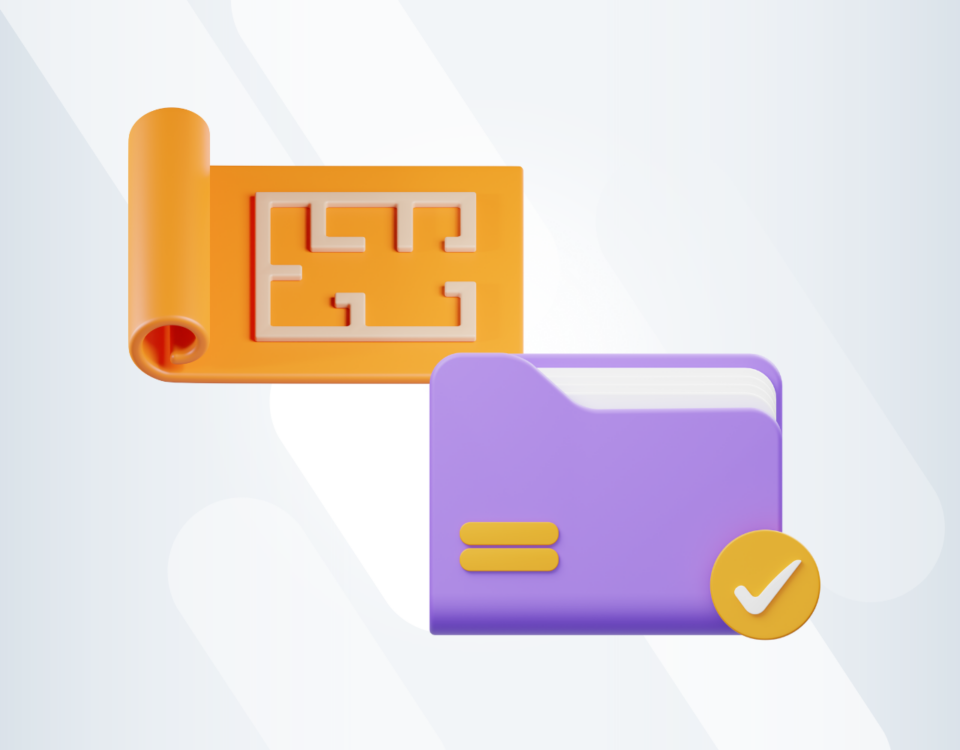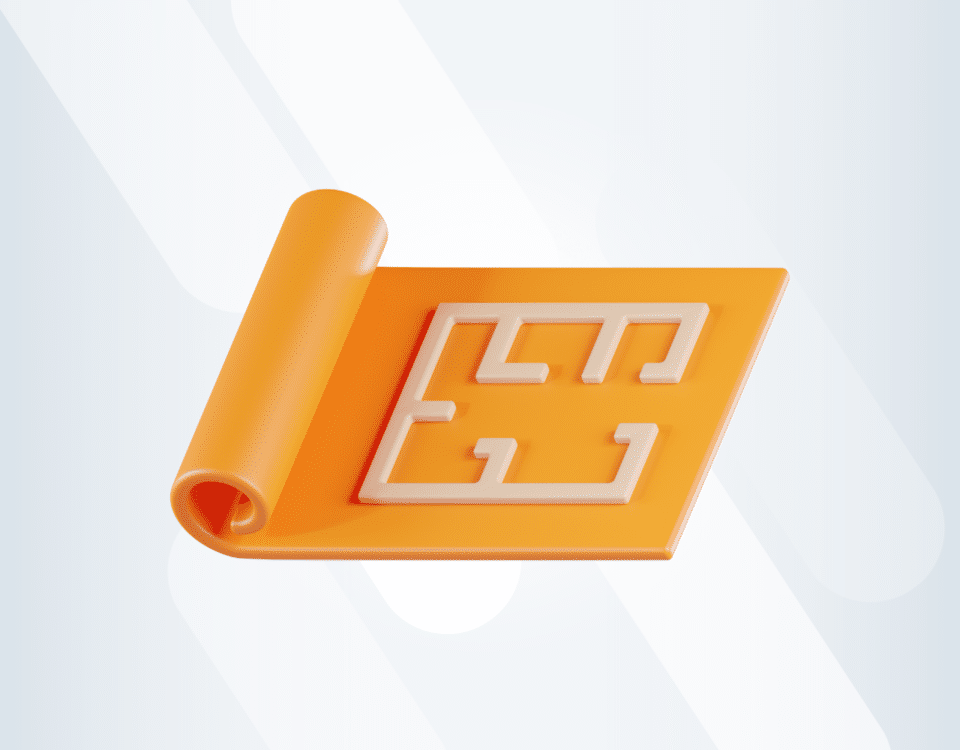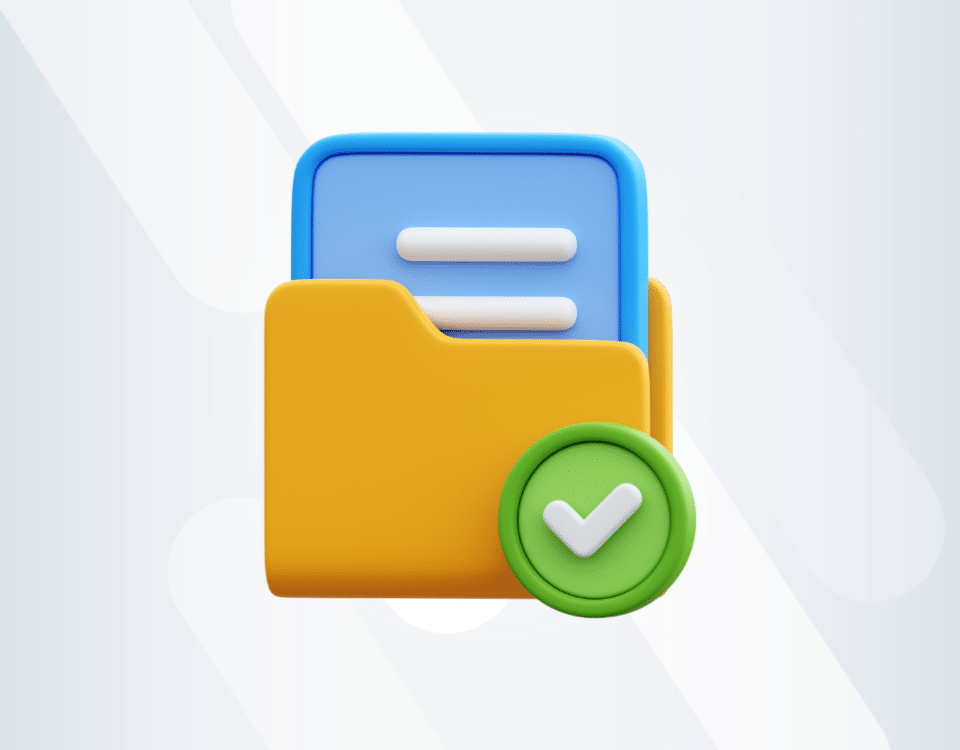How To Pick A Management Software For General Contractors
Deciding on a management solution for your company is often a changing point in your business development. Make sure you know what to look for in a solution for general contractors!
The construction sector is one of the largest in the world economy, with about $10 trillion spent on construction-related goods and services every year. With spring coming and the building season starting back up, it is the best time to make the most out of every opportunity that exists in the market.
Main Challenges for General Contractors
When looking towards the future we must analyze the present state of the construction industry. Here are some of the main challenges for general contractors:
Labour Shortage - According to the US Chamber of Commerce, US general contractors reported that they are concerned over the continued labor shortage. The Royal Institute of Chartered Surveyors (RICS) says the shortfall in the number of skilled construction workers in the UK is currently at its highest point since 2007. On a positive note, the industry is poised to attract more workers as in Q4 2019 the construction sector rose by 19.9%.
New Technologies & Their Adoption Inside the Construction Industry - The construction industry is going digital and nothing can stop that. General contractors (and all parties in the construction industry) must go with the times in order to survive and adopt the best new tech tools that enter the market. The next-generation ERP systems available work as Project Management tools as well, and help you track the progress of your projects while making sure your assets (human and machine) are where they need to be.
Generation Gaps - with the increased labor shortages, it is only natural that new, young talent will enter the construction industry. The new generation grew up in the digital age, making it easier for them to adopt new technology and get it running smoothly inside your company. Be sure to have them involved in the decision-making process when picking a next-generation ERP solution for their valuable input, while including the more experienced team members, as they will use it daily as well, to ensure all generations collaborate in a united team.
The Next-Generation ERP solutions
Data from Market Future Research Reports (published Jan. 2020) shows that the construction software market has been projected to reach 2.71 billion dollars by 2023. Choosing the perfect-fit, next-generation ERP software for your company - and therefore for your team - may be a challenge. Every year, new technologies are being introduced into the market resulting in an involved, possible lengthy decision process, and it is best to be prepared for that.
While the cost continues to be the main driver in the decision-making process, there are multiple other things to consider before purchasing the tool that will ultimately define your company by defining its future development. With the right next-generation ERP solution, your company can move mountains!
The ERP software options for the construction industry that are on the market now allow you to automate every phase of the construction management process. Project management will be as easy as pie! An ERP solution can help you optimize the day-to-day tasks and improve project delivery by allowing you to see the financial health of your project at a glance. Most new-age ERP software systems are cloud-based, which allows you to connect, view data and edit from any location, at any time. You can keep track of all your resources (financial, informational, material and human) throughout the entire construction cycle. All you need to do is choose the right fit for your company and your team’s needs.
How to Choose
Choosing the right management software for general contractors can be simple if you follow these tips:
First things first: determine your budget! - Clearly, the main factor in the decision-making process is money and the time you need to spend on getting the ERP software implemented. Be fair and name your price. This way you will be sure you will not go over budget. Still, it is important to remember: you get what you pay for! A bit of extra money can go a long way for your company’s success in the long term. Don’t go cheap on such a big investment that can change how your company works and shape your future!
Identify your company’s and your team’s business needs - make sure you have your team involved in the decision-making process! They will be more likely to use the system if they not only know what is coming but have also agreed on it. There is no such thing as a one-size-fits-all ERP software for the construction industry! You must make sure that the solution is fitted to your company’s needs, and is flexible enough to work for your team - in all departments.
Make a shortlist of the potential candidates - have a look at the market and try to agree with your team on what you need and how they would work with it on a daily basis. With that, you can narrow down the available options and make a shortlist of the project management tools that you think might fit your company and your team. Bring the selected options back to the table, and discuss them with all involved parties. In the end, the team will have to use the tool daily, so they should have a say in the decision-making process.
Evaluate the features of the project management system - make sure that you can create the most value for your money. List down the most important features you need and see how they match against the shortlist that you already completed. Ask yourself: What are the features that your current construction management solution is lacking? What team members can benefit from certain features? What are the current pain points that we wish to fix? How much money and time would it cost the company to fix those specific pain points?
Is the data secure? - when choosing the best management software for general contractors, one must also be aware of how the data is stored inside the system. If the system is cloud-based (and it usually is nowadays), you need to be sure that the information you stored in the system is safe and secure; that data is encrypted and stored on multiple servers (with a backup in case of failure). The provider should also respect ownership of the data and make sure that all inputted information in the system is downloadable for your needs.
Scalability - you are working with multiple parties at any given moment:lenders, property owners, subcontractors, sub-subs and suppliers, etc. It is very likely that they may not use the same type of ERP system as you do. The more the merrier! The way you and others work would still be very similar and you will understand each other more quickly. Scaling up is inevitable, so think forward!
Read reviews and check the referrals - Capterra is a wonderfully powerful tool that can help choose the best management software for general contractors. Reading reviews is key to understanding how customers are treated by the providers. You will see why they would (or would not) recommend the software and see what best matches your needs. The easiest method is to look at other brands in the field and see the solutions that they choose.
Deployment and integration are key! Make sure that the ERP system you choose is the right one for you in terms of interface and how the system works. Implementation is extremely important and the company providing the tool must pay attention to all your needs. The question you should ask yourself is: How expensive is the implementation and does it take a lot of time and effort, or is it free and managed by the provider but won’t be as customizable and fitted to your needs? Taking time, in the beginning, may seem to be a burden, but it always pays off in the long term. During the implementation process (and even before) you need to make sure that the new ERP system allows you to integrate easily with other tools you use (eg. accounting software). This can help streamline your work and help you gain a lot of extra time in the long run.
Free trial - most software companies offer a trial period when you apply for buying their solution. Be sure to ask for one if it is not offered right away, and check all the terms and conditions that apply. A free trial run of the software allows you to check if the ERP tool is the best fit for your company.
Investing in technology is an expense, as everyone knows. It is a risk that one should be willing to take, with a look towards the future - to the long run - when this important investment will pay off. The construction industry is realizing more and more each year how it can benefit from bringing in technology to serve themselves and their customers on a daily basis. Data from the latest report by McKinsey shows that this $10 trillion global industry is among the least digitized industries. By choosing to adopt this technology now, you will have a competitive advantage amongst your fellow general contractors that have no such tool to help them out. We hope that this article helps shed some light on the decision-making process. We would love to hear from you if and when you choose an ERP system for your needs - how this article helped you in the process of picking the best fit for you and your team.
You might also like
February 29, 2024 • 7 min read
Utilizing the human-first approach to construction projects to drive higher results.
July 3, 2023 • 6 min read
8 Best Construction Drawing Management Software (2023): A Comprehensive Guide
Find all the information you need about the construction drawing management software tools available on ...June 14, 2023 • 6 min read
The 11 Best PlanGrid Alternatives (2023)
Looking for a great alternative to PlanGrid software? Check out the 11 best construction software tools ...June 14, 2023 • 4 min read
How to win at CIS 340 and make taxes a breeze
CIS 340 is a legal obligation for contractors. But getting it right isn’t straightforward. Want ...





